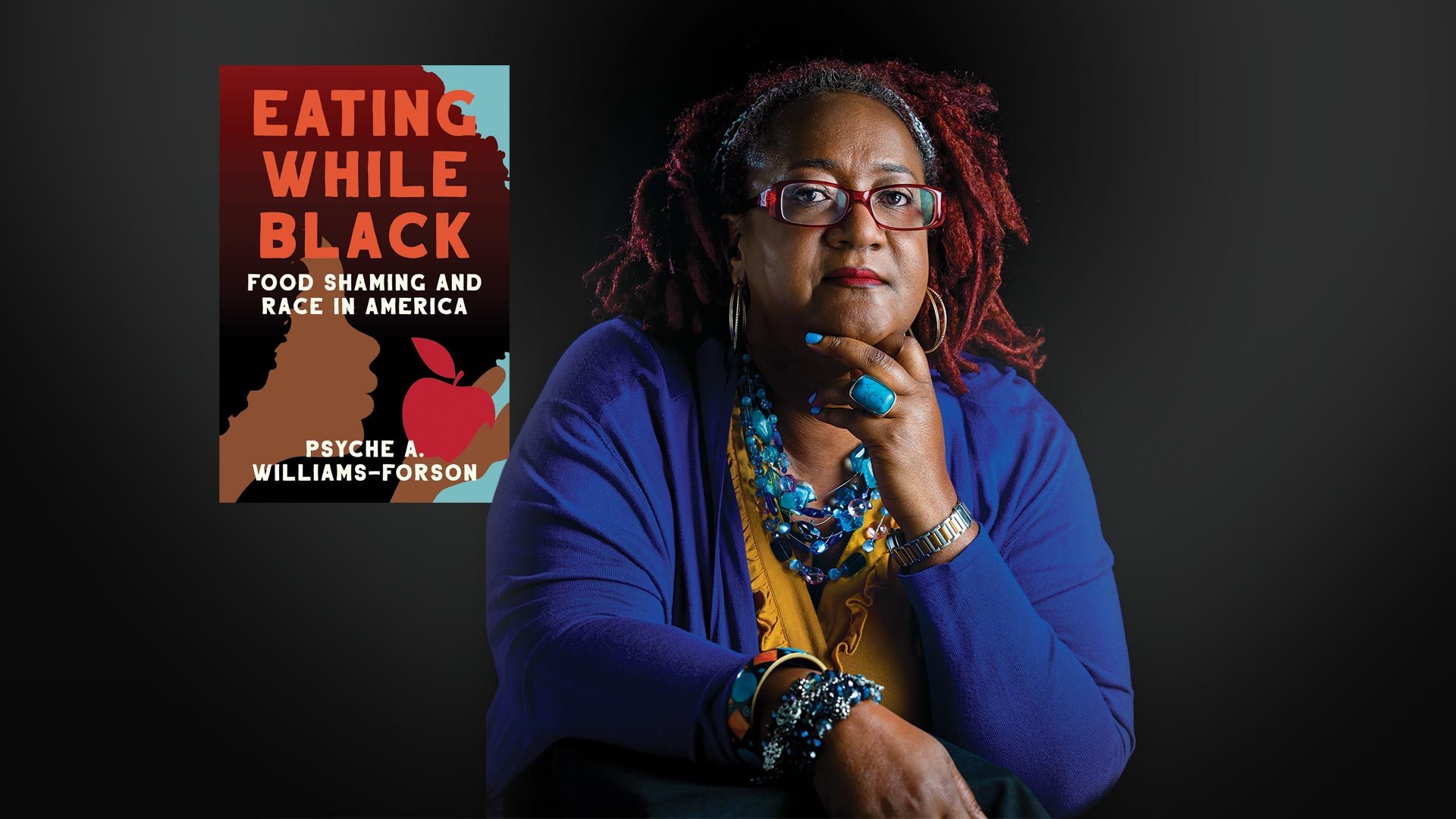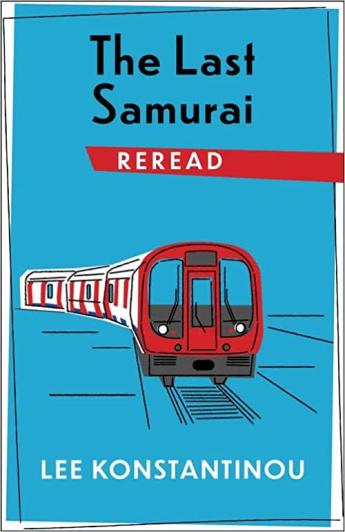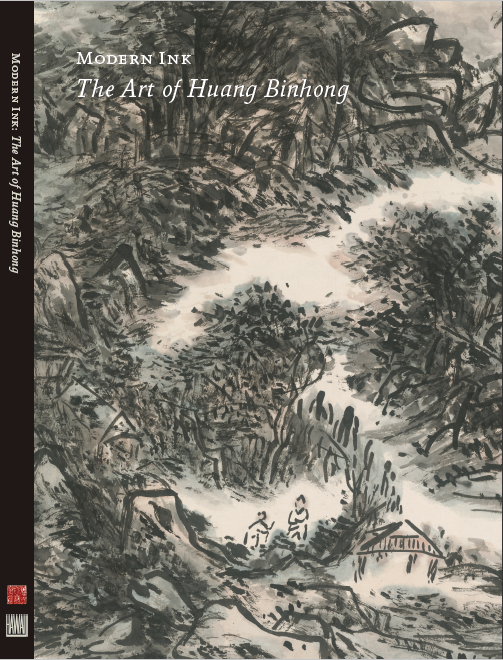By Karen Shih ’09
For Black Americans, the simple act of eating can be fraught. Gathering for a barbecue in a public park can lead to run-ins with the police. Dining on traditional dishes, developed through ingenuity and necessity out of generations of slavery and poverty, can lead to racist ridicule. In her latest book, “Eating While Black: Food Shaming and Race in America,” which is available in print this week, American studies Professor Psyche Williams-Forson breaks down how unfair scrutiny of what Black Americans eat keeps society from addressing systemic inequities.
Why did you want to write this book?
Shaming Black people for what and where they eat is not new. It began during enslavement; the ways farms and plantations were set up were about surveilling Black bodies. And it’s moved straight into the contemporary moment, such as the (2018) arrest of the young Black men at a Starbucks in Philadelphia. People feel they’ve been given permission to overcorrect Black people’s lives, from music to clothing to language to food, because these things go against the grain of whiteness and “correctness.”
We all need to eat, so it’s easy to dismiss the unseen power dynamics around food. But if we are going to have conversations about people’s freedoms, we need to talk about food.
What’s an example of how Black Americans are food shamed?
My book opens with the D.C. Metro worker who was eating on the train in uniform, when a woman took her picture and blasted it on social media. The employee was literally going from one part of her job to the next, trying to fit in a meal. She knew Metro was no longer issuing fines for eating so she did so. Then she has her life exposed.
What are some food misconceptions that you address?
People like to criticize fast-food restaurants, but they are major gathering hubs for the elderly and other people who are alone. Farmers markets aren’t utopias. If you don’t set up in Black neighborhoods, offer food that’s culturally relevant and accept Black vendors, people won’t feel welcome. Also, dollar stores can be important sources of food. If you’re on a fixed income, and you can go in and buy 20 items with $20, that can make a difference in people’s lives.
How can the conversation about Black food culture be harmful?
We hear a lot about Black people and their diets, and how they’re unhealthy and obese because of soul food—but you can’t blame ill health squarely on food. Look at “the stroke belt,” which stretches across the South. These are states with repressive policies and laws. There’s a lot of wage inequality, people who are unhoused, people who are unemployed. Society wants food to do the heavy lifting because it takes our focus away from systemic inequalities that keep people mired in oppression, which contributes to psychological and physical disease.








